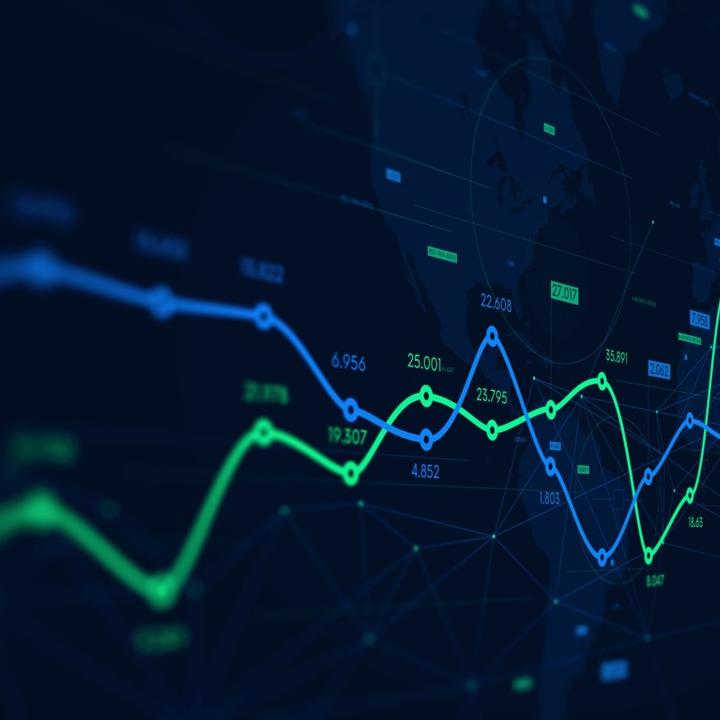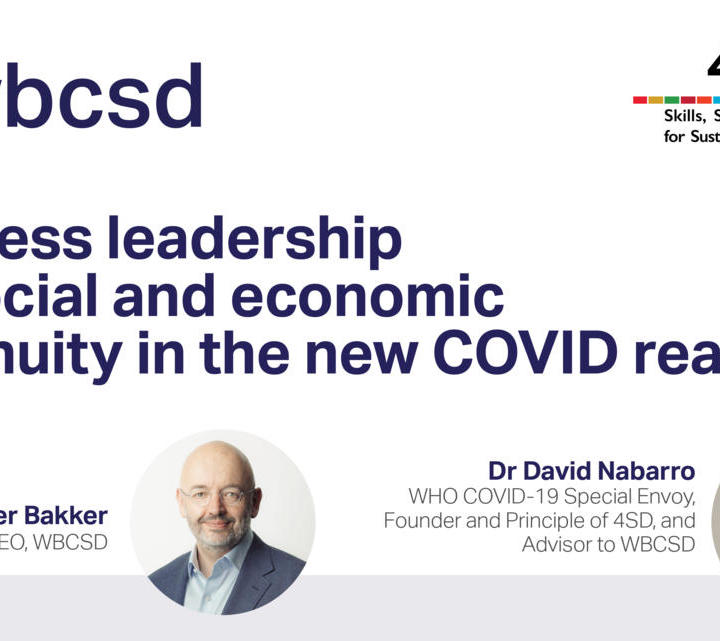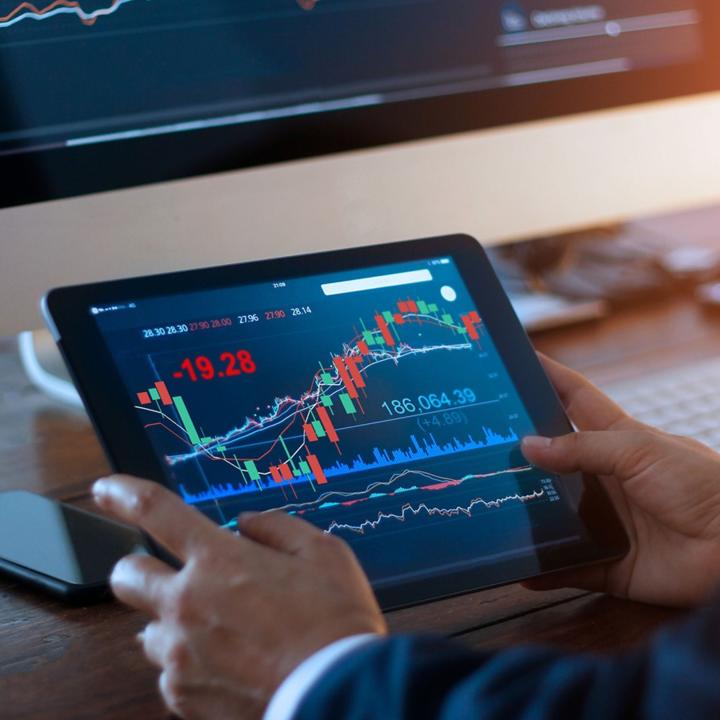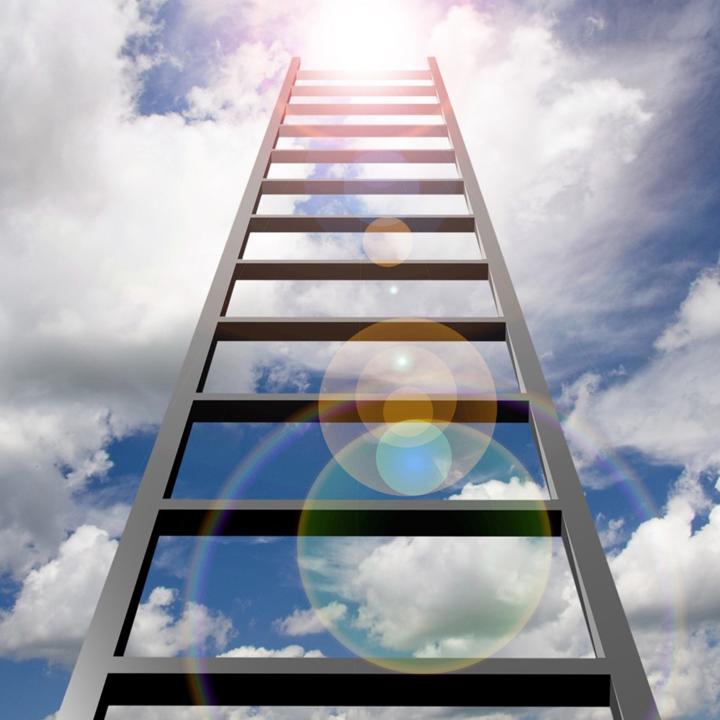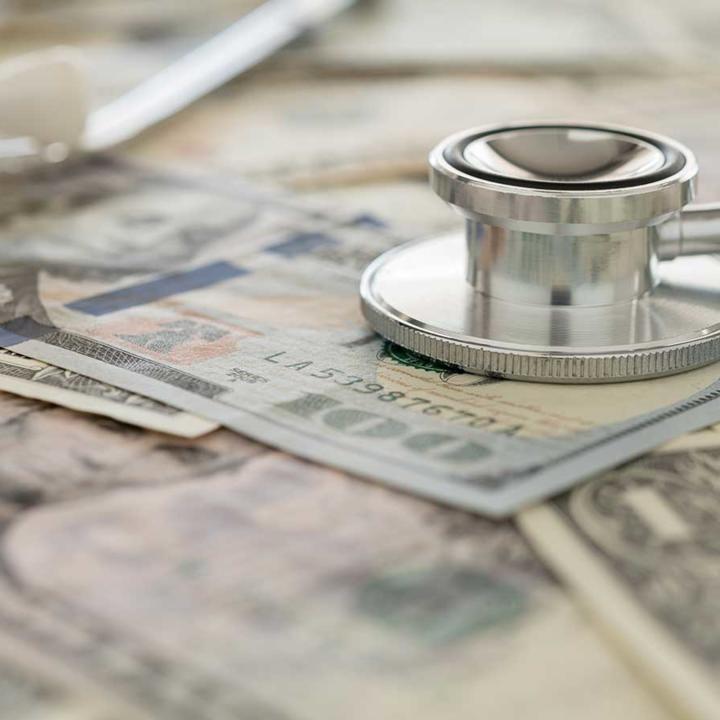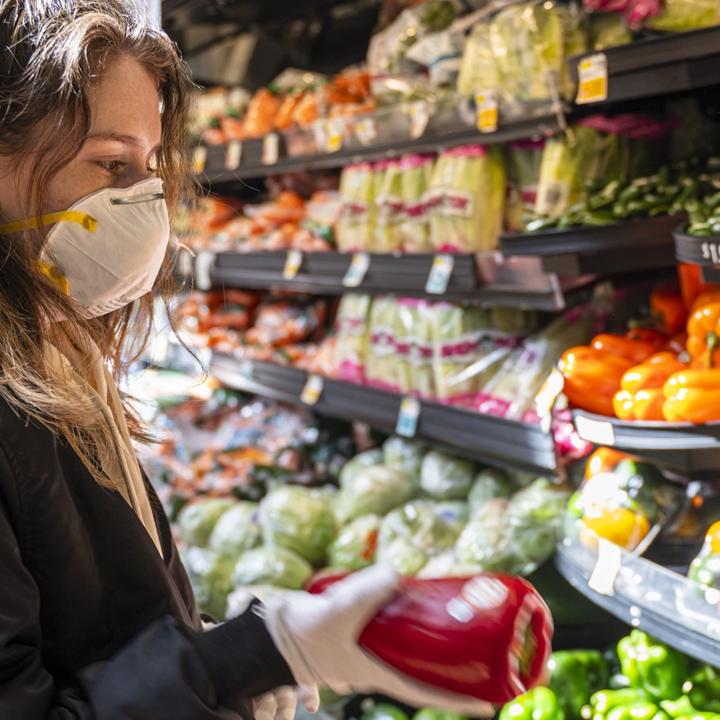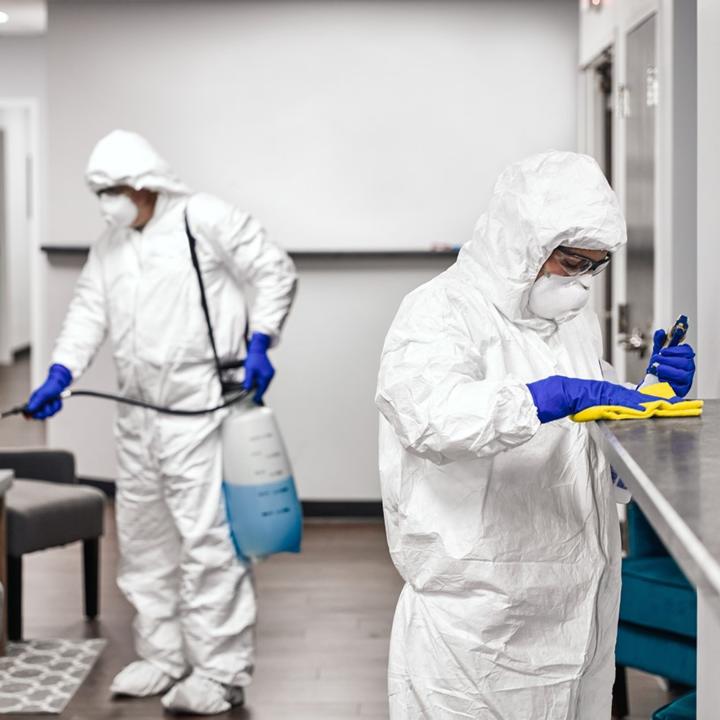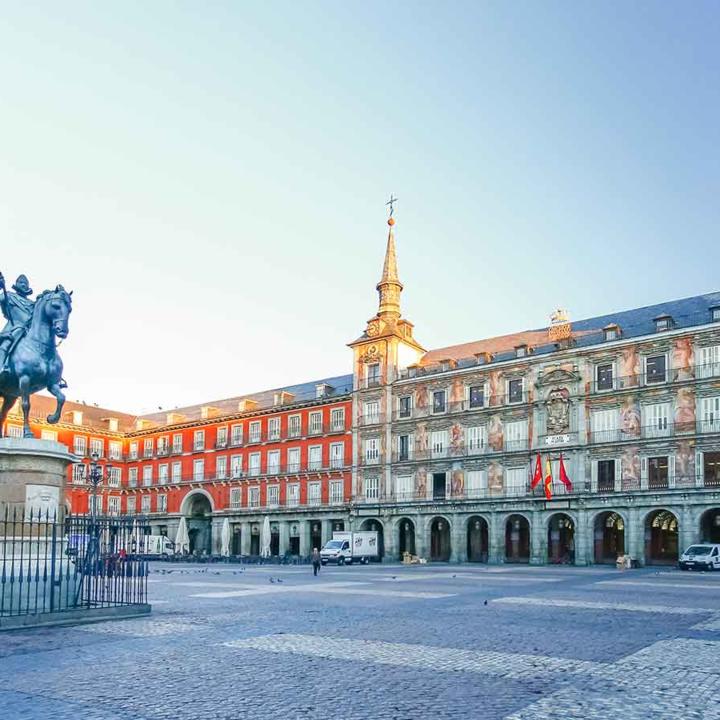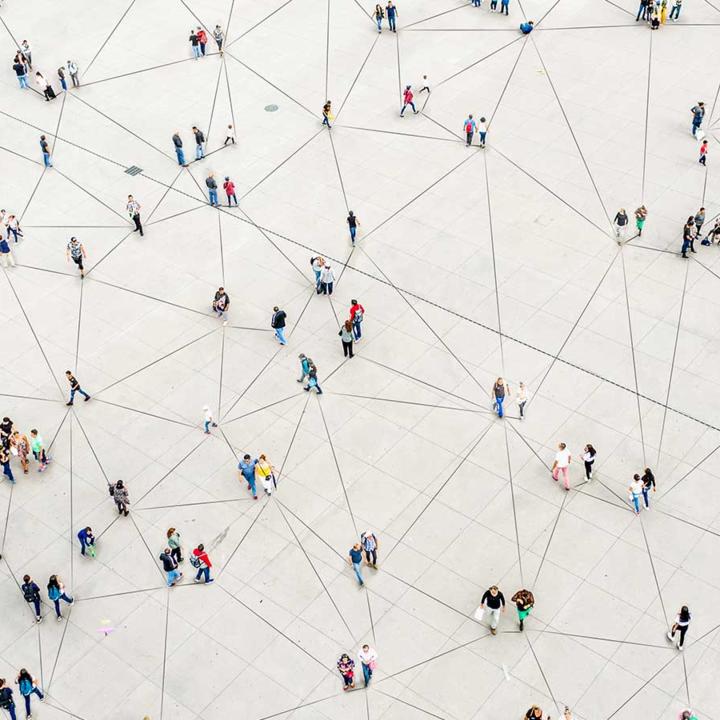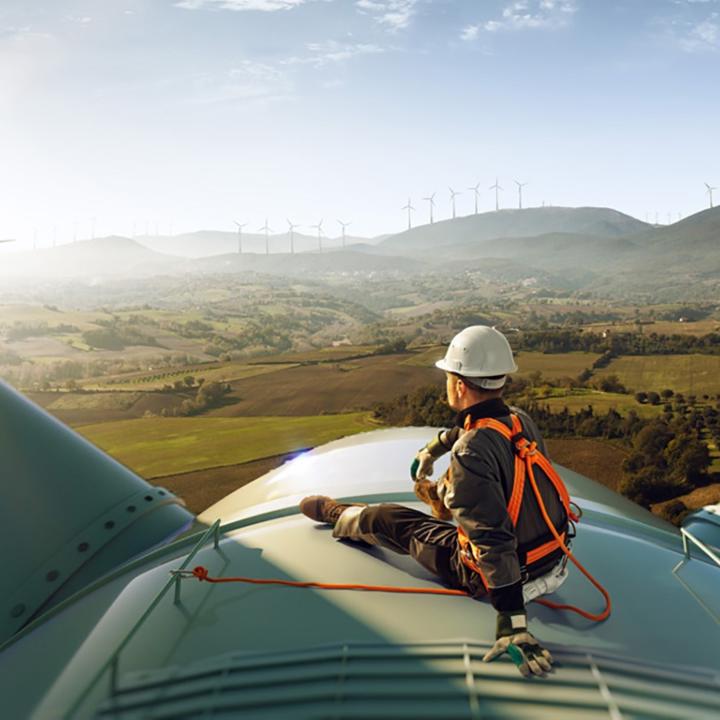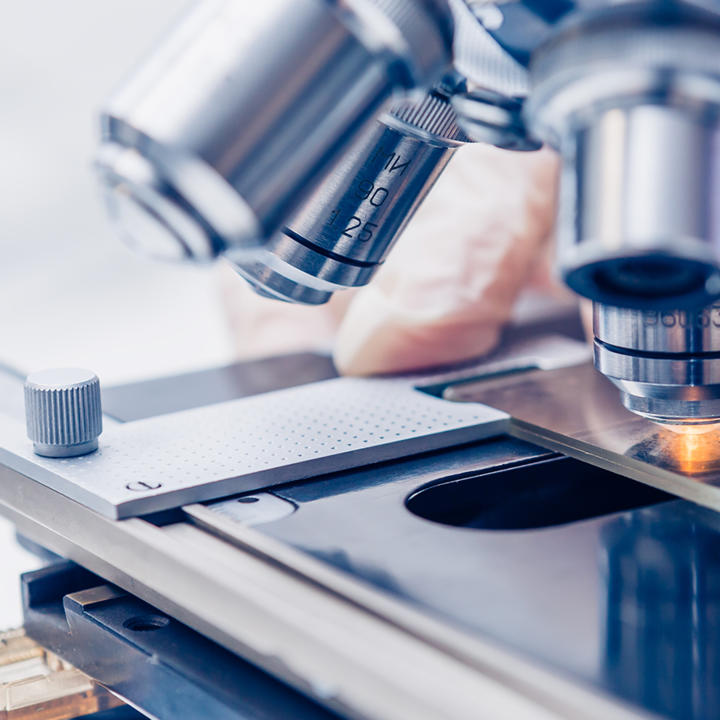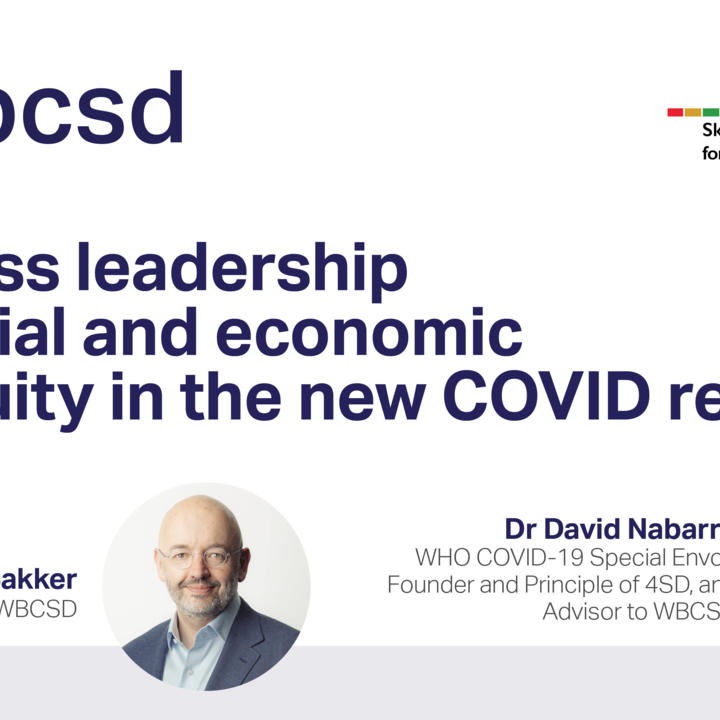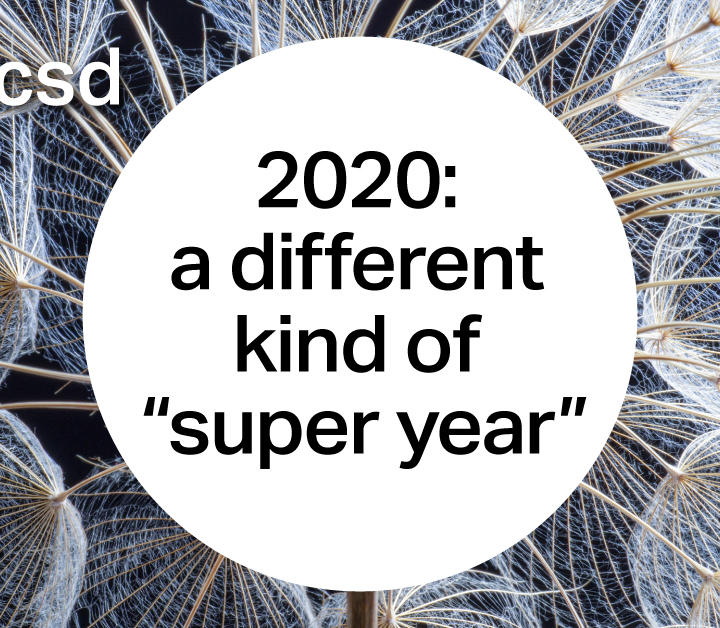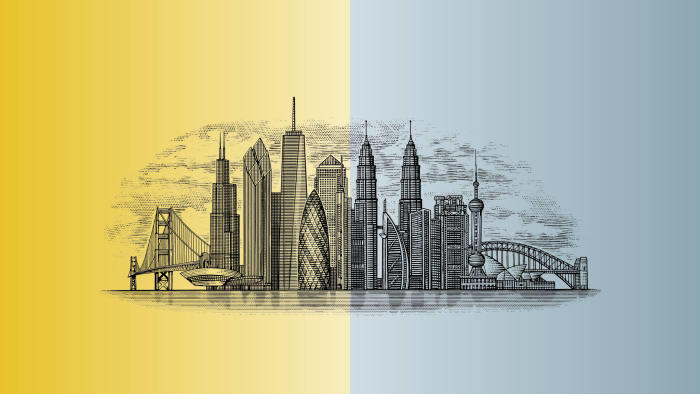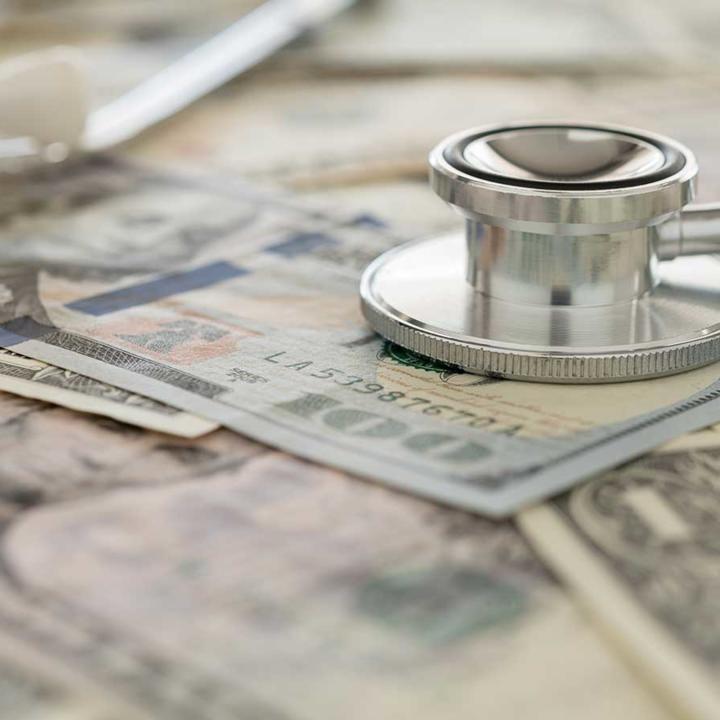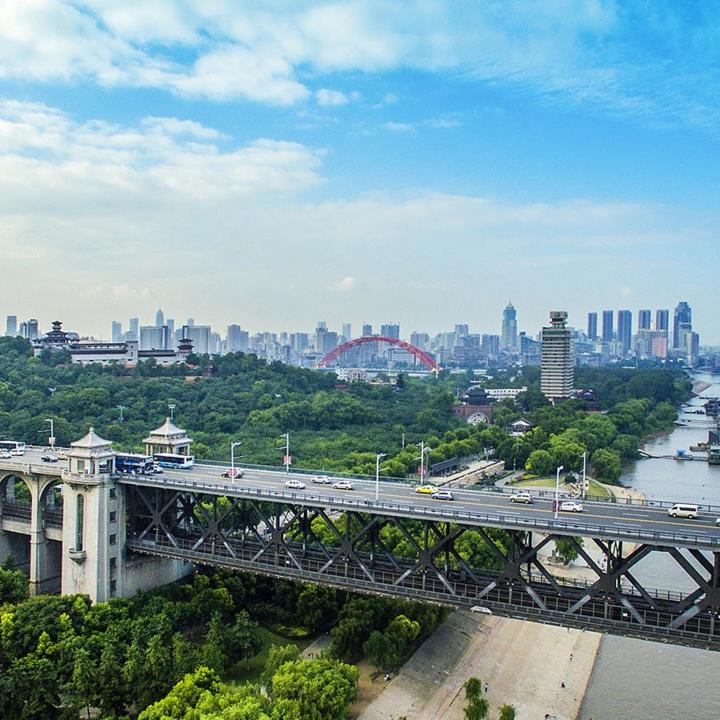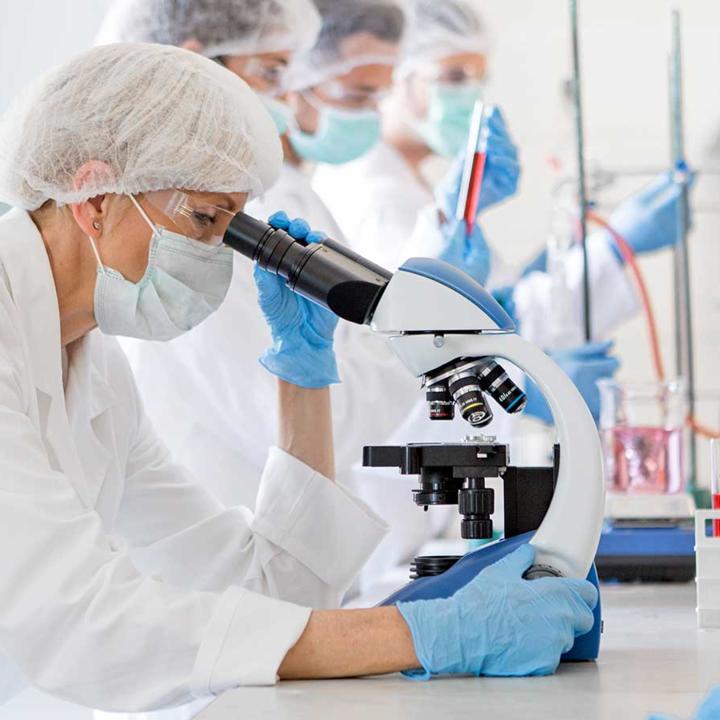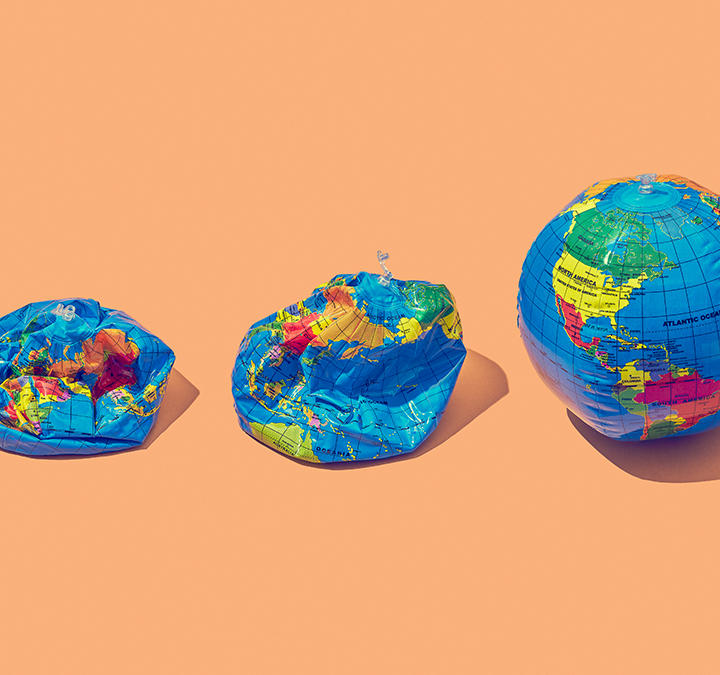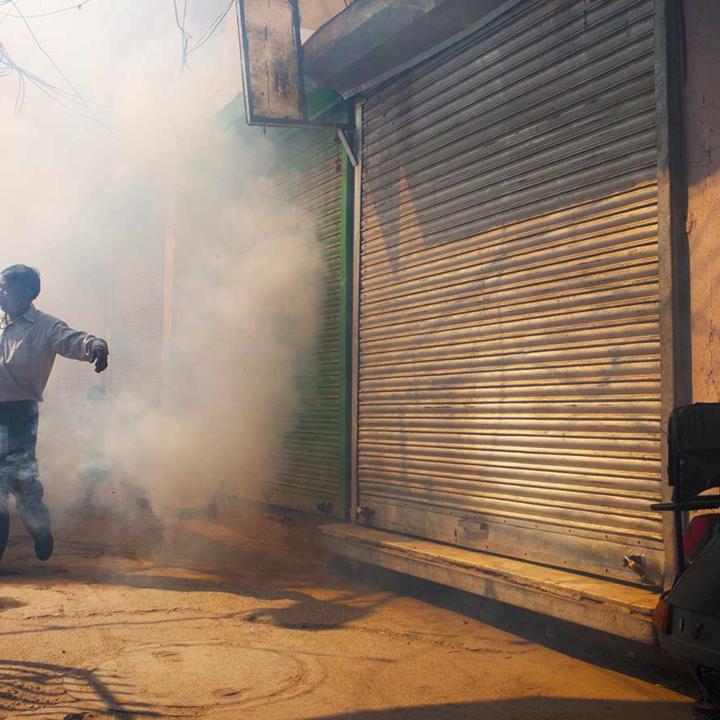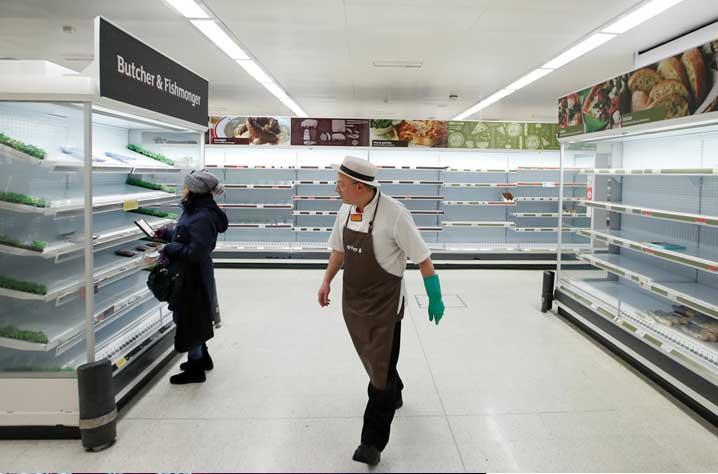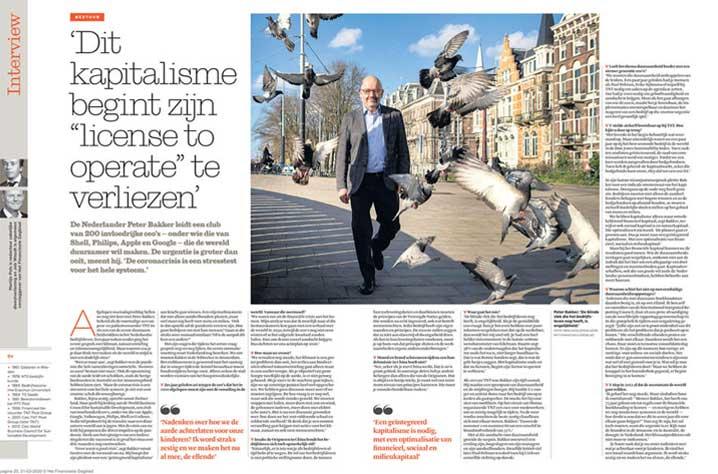Key articles
To build back better, we must reinvent capitalism. Here's how . Peter Bakker & John Elkington, WEF, 13 June 2020
The pandemic has brought into focus many of the vulnerabilities in our systems and institutions. But it also offers us a chance to shape a more resilient and sustainable world. Here's how businesses and policy-makers can start building the green and inclusive future we need.
Why some companies leapt to support the COVID19 response
The first phase of the COVID-19 crisis posed an unprecedented challenge for the private sector. In early March, as the pandemic took hold and lockdowns went into effect in the US, companies scrambled to adapt to profound disruptions to their business operations and markets. The rush to protect employees, jobs, financial liquidity – and in some cases the survival of the firm – was all-consuming for many companies.
If you choose to stay, we may not be able to save you Sophie Cunningham, Meanjin, Winter 2020
If you are in or close to the bush, leave now. If you choose to stay, we may not be able to save you. Save woollen blankets to wrap yourself in if the fire comes. If you are trapped in your car, face the oncoming fire, close windows and doors tightly, and get down below window level.
More than 50 global leaders, including Peter Bakker, President & CEO WBCSD, pledge to build back better with the circular economy, Financial Times, 13 June 2020
Many have already called for a response to the devastating impacts of this pandemic that does not turn attention away from other global challenges such as climate change and pollution. It’s time to step up – not step back. Read the full statement here.
From Premiums to Greeniums: Maria Mendiluce, WBCSD Managing Director for Climate & Energy, Carine de Boissezon, Chief Sustainability Officer EDF, Keryn James, Group Chief Executive ERM
Everyone was caught out by COVID-19. Despite scientific evidence pointing to a high risk of pandemic, no government or business sufficiently prepared. Those same institutions now need to lead recovery. How to recover is under debate.
Preventing a COVID-19 food crisis: the role and opportunity for multinationals Diane Holdorf & Laurence Haddad, 20 May 2020
As the world begins to design recovery packages and commit billions of dollars to guide the recovery, it is critical that policymakers, civil society and business increase the resilience of vital supply chains - such as food, agriculture and health sectors - to prevent future shocks and secure a healthy future for all.
How to build a more responsible corporate capitalism
Companies must adopt a wider purpose and a long-term perspective
How P&G is stepping up as a force for good
David Taylor, Chairman of Procter & Gamble, writes about the way that P&G is stepping up as a force for good.
The coronavirus pandemic may be a turning point for responsible business
Paul Polman explores four reasons why responsible, multi-stakeholder businesses are more likely to show resilience in challenging times.
Coronavirus Is Putting Corporate Social Responsibility to the Test
For much of America, this is a crisis that requires immediate action that only companies can take. The way large companies respond to this crisis is a defining moment that will be remembered for decades.
Coupling resilience with sustainability to bounce back stronger from the coronavirus
One of the things the COVID-19 or coronavirus has demonstrated is that ‘sustainability’ and ‘resilience’ have a lot in common but are not the same
UN secretary general: recovery from the coronavirus crisis must lead to a better world
We must ensure a sufficiently global and coordinated response to the pandemic, then build resilience for the future
‘We can’t go back to normal’: how will coronavirus change the world?
Peter C Baker from The Guardian describes how the coronavirus will change the world
Purpose commitments put to the test as companies scramble to respond to Covid-19
Oliver Balch from Ethical Corporation explores how the crisis is putting companies to the test
COVID-19 and climate change: A healthy dose of reality
Joel Makower from Greenbiz explores the link between a warming climate and infectious disease
COVID-19 stimulus should address health, the economy and climate together
Maria Mendiluce, Interim CEO of We Mean Business, calls on governments to ensure that stimulus packages cover health, climate and resilience
Peter Bakker, says that capitalism is starting to lose its license to operate
Coronavirus crisis is a stress test for the entire system
Business as unusual, reshaping the present and the future
Peter Bakker, President and CEO of WBCSD: For business, this crisis represents a pivotal moment for business to deploy all its care, critical know-how, reach and resources. Times like these demand bold leadership and action. Our collective commitment to stakeholder capitalism is being put to a test.

